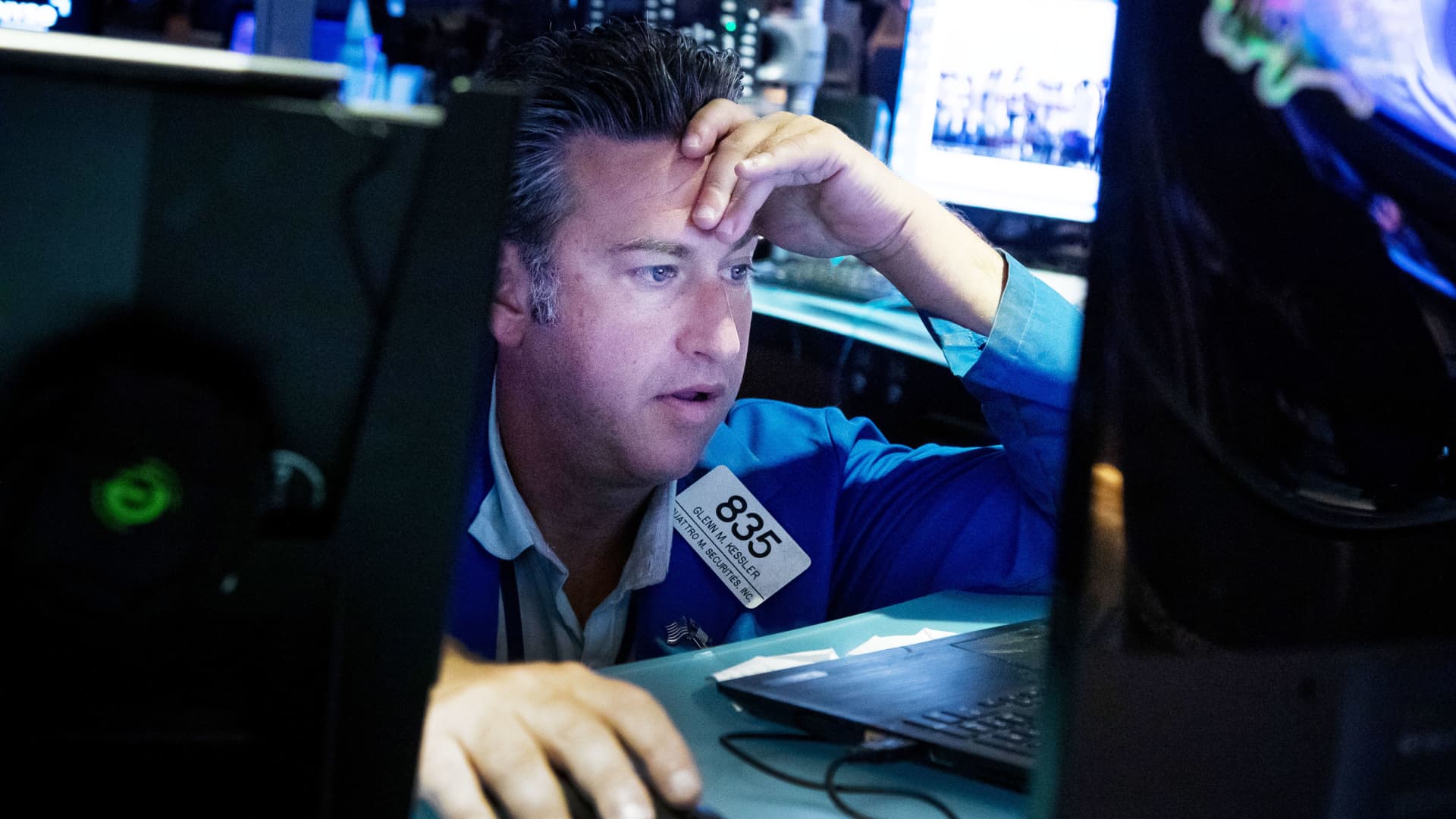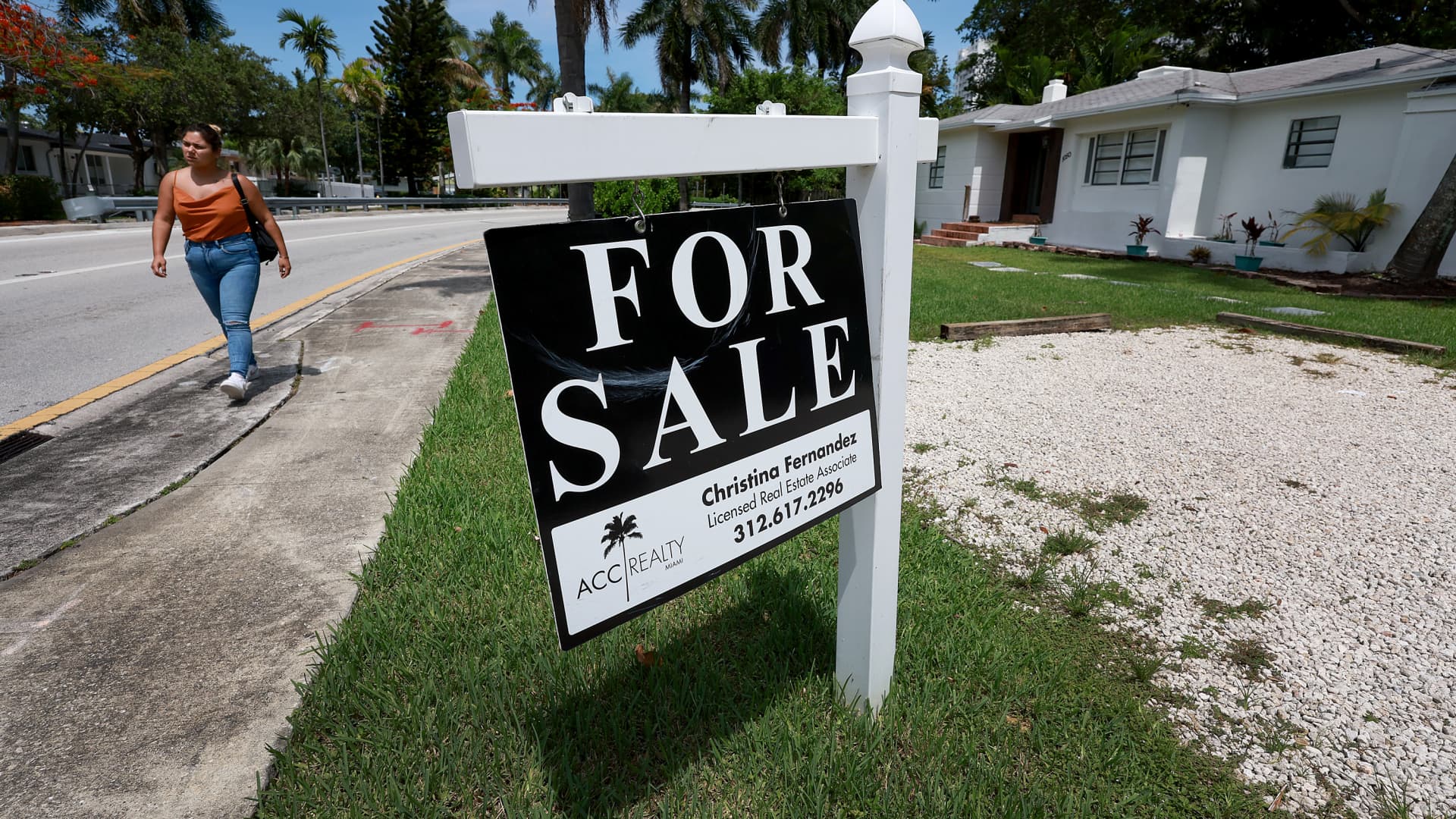Anticipating pain ahead: Sifting through the short-term drops


Following Fed Chair Jerome Powell’s warning of another interest rate hike and more pain ahead for the U.S. economy, investors are facing further stumbling blocks in the months ahead as they weigh ongoing market uncertainty and the impact of inflation on corporate earnings.
But Wes Crill, head of investment strategists at Dimensional Fund Advisors, sees a couple of ways to scrutinize the situation.
“First of all, we have market base gauges about what inflation expectations are,” Crill told CNBC’s Bob Pisani on “ETF Edge” on Monday.
“We’ve come out of a period where there’s been a very large change in consumer prices,” he said. “But if I look at breakeven inflation and nominal Treasurys of the same maturity, it’s dropped down to about 2.4% as of the end of last week.”
Breakeven inflation (BEI) rates – the difference between yields of inflation-protected Treasurys – may show a light at the end of the tunnel, according to Crill. Since peaking at 6.3% in late March, this year’s drop in BEI suggests a taming of inflation in the year ahead.
Crill emphasized strategies that focus on long-term investing while hinging on historical context.
Although the S&P 500 is down 17% this year, big market declines aren’t too common historically. Since 1926, there has been 15 drops of at least 20% for the market.
“In more than half of those, the drop stopped pretty soon after we crossed the 20% barrier,” he said. “And a really key aspect here is that recoveries were often very swift.”
Crill said that about 60% of these bear markets recovered back to pre-market-downturn levels within a year, incentivizing investors to remain engaged for the long term.
“Even during the recovery, it wasn’t like a linear piece of progress from the bottom back up to the top,” he said. “Thirty-nine percent of days in between the markets trough and the recovery point saw negative returns in the market.”
This post has been syndicated from a third-party source. View the original article here.




